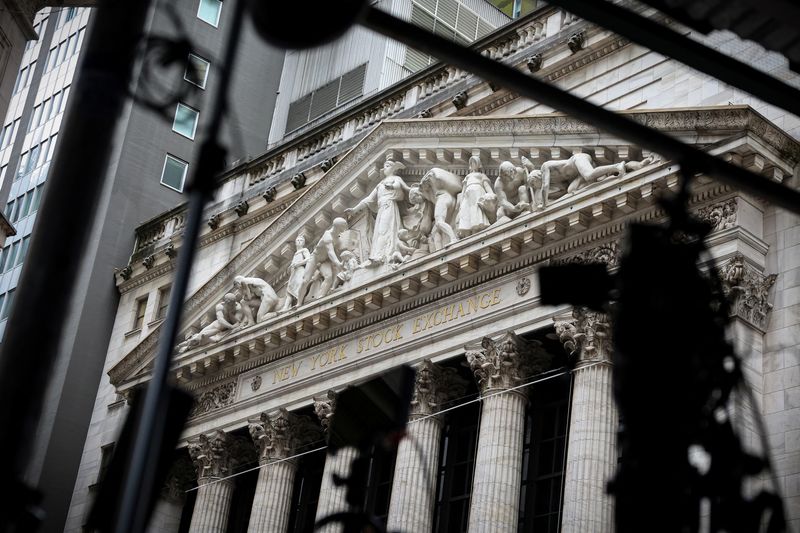Gold prices fall from record highs on Gaza ceasefire, but retain $4,000/oz level
Investing.com - U.S. assets face "exceptional risks" due to the slate of modern mercantalist policy changes introduced in the opening months of President Donald Trump’s second term in office, according to a Bridgewater Associates newsletter cited by Reuters.
In a newsletter late on Wednesday, the hedge fund’s Co-Chief Investment Officers Bob Prince, Greg Jensen and Karen Karniol-Tambour said that they expect a "policy-induced slowdown" and see a "rising probability of a recession."
Assets such as U.S. stocks face particular risks, they argued, adding that inflows had previously been bolstered by solid U.S. growth and a Federal Reserve willing to make adjustments to respond to wider economic challenges.
The comments come after Karniol-Tambour said stocks were a "good thing" to hold after Trump won last November’s presidential election, reflecting initial hopes that his victory would usher in a period of lower taxes and looser regulation.
But financial markets have been rattled by Trump’s move to slap elevated tariffs on a host of countries. Trump has said the decisions were partly necessary to reshore American manufacturing jobs and boost government revenue.
Since announcing his so-called "reciprocal" levies on April 2, Trump has partially paused them for most countries for 90 days, leaving his officials with the task of securing dozens of individual trade agreements. He has also lifted tariffs on China to at least 145%, sparking retaliatory duties from Beijing of 125% on American imports.
Meanwhile, universal 10% tariffs remain in place, as well as levies on items like steel, aluminum, and autos. Economists have warned that higher tariffs could fuel inflationary pressures and weigh on economic activity, while many businesses have flagged that the uncertainty around the levies is making it difficult to set investment plans.
Markets have gyrated sharply as traders race to keep up with Trump’s erratic tariffs, while the president’s recent suggestion that he could fire Fed Chair Jerome Powell for not quickly slashing interest rates has further exacerbated investors’ concerns.
This week, stocks fell sharply on Monday, only to bounce back over the next two days, after Trump appeared to be willing to engage in trade discussions with China and seemed to back away from his threat to oust Powell.
